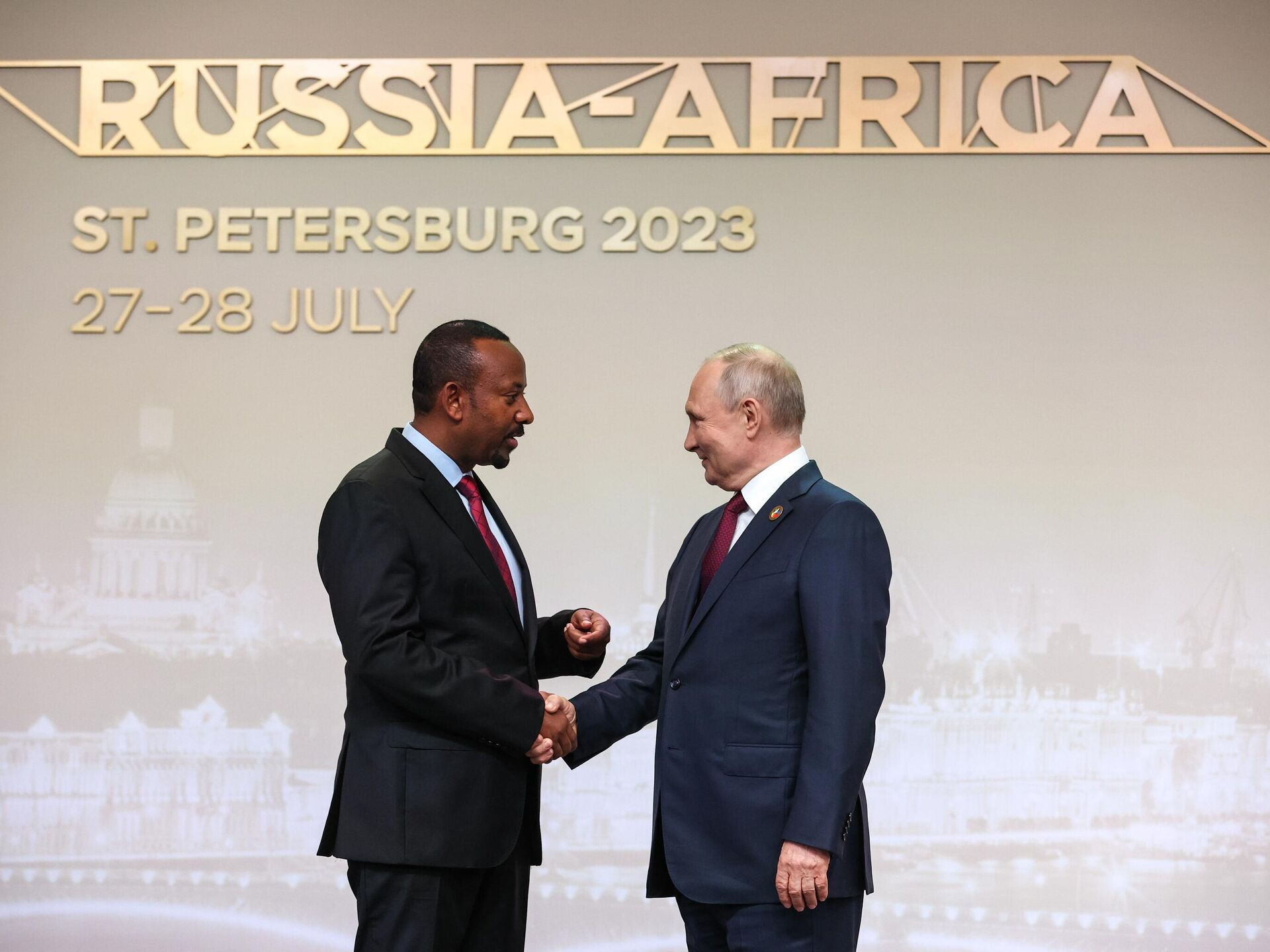
Genet Teshome Jirru, Ethiopia’s ambassador to Russia, during an interview, disclosed that his country and Russia are trending toward doing business in their currencies.
During the interview, he pointed out the numerous advantages to be had including cutting transaction costs and economic uncertainty, if the idea makes headway.
Despite the process still being in its infancy stage, both nations are convinced that it has a lot of room to grow.
The Ethiopian ambassador spoke more on the commercial ties both countries share and Ethiopia’s efforts to improve direct coffee exports to Russia in his remarks about economic cooperation.
As reported by Sputnik, he expressed optimism that Ethiopian coffee brands, like Sidamo and Harar, are going to be readily accessible in Russian retail establishments.
Furthermore, Russian car companies Lada, Ural, and UAZ are considering opening manufacturing plants in the East African country; with Lada planning to start producing electric vehicles by the end of the year.
Ethiopia’s government institutions and upper-middle class could be drawn to the upscale Russian brand Aurus.
Both countries are also looking to bolster their energy cooperation as they continue working together to build nuclear power, with intentions to educate experts before beginning full-scale construction.
Ambassador Jirru also praised Russian investments in fertilizer manufacturing, gold mining, and other vital sectors.
Ethiopia and Russia’s cooperation on cybersecurity, intelligence exchange, and counterterrorism in the area of regional security, are also in focus for both governments.
Additionally, the Ethiopian envoy recognized Russia’s wider stabilizing influence in Africa.
Ethiopia’s addition to Russia’s currency trade list
Very recently, Ethiopia was listed as one of the three African countries Russia added to its list of countries whose banks can now trade currencies in Russia, with the other two being Nigeria and Tunisia.
“The order has been signed. Representatives from Argentina, Cambodia, Laos, Mexico, Nigeria, Tunisia, and Ethiopia will now be able to engage in currency trading,” the Russian government relayed via a statement.
In light of the new development, the Russian government stated that the directive would help to meet the Russian economy’s demand for payments in its currency while also improving the effectiveness of the system for direct conversion of friendly and neutral governments’ national currencies.
Additionally, Ethiopia is part of the BRICS group of nations, alongside Russia, Brazil, China, Egypt, India, Iran, the Russian Federation, South Africa, Indonesia, and the United Arab Emirates.
The group has been actively pushing toward de-dollarization, aiming to create a more centralized trading system that is less reliant on the dollar.










